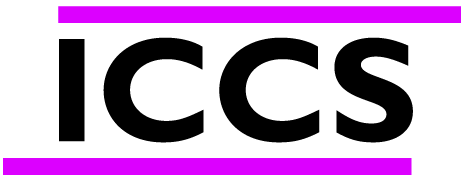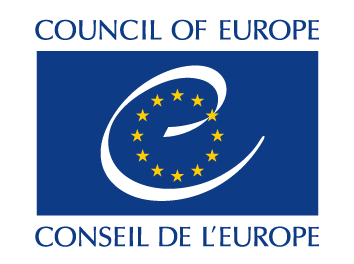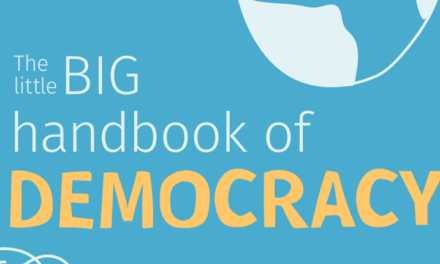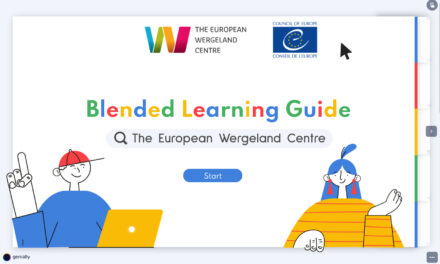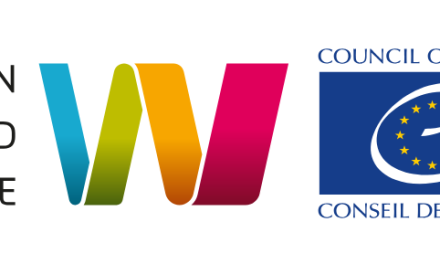From 28 to 31 October took place the biannual meeting of the Conference of International Non-Governmental Organisations at the Council of Europe in Strasbourg.
Over 300 organisations – among them large aid organisations such as Caritas or Amnesty International, but also small interest groups such as the COMENIUS Association – are recognised by the Council of Europe in Strasbourg. Executive Secretary Sören Lenz participated on behalf of the Conference of European Churches (CEC). Unlike other large international organisations, the INGOs have a participatory status with the Council of Europe, i.e. they have a say in bodies and intergovernmental working groups.
One of the main topics discussed were migration and the growing hostility towards migrants and asylum seekers on the Internet. At the meeting special rapporteurs of the Human Rights Committee declared with concern that “the web has become an agora of anti-migrants” that is particularly influencing young people. In her report, Iamvi Totsi, Vice-Chair of the Human Rights Committee of the Conference of INGOS explained that “the fear of terrorism was exploited in the context of migration”. She called on the NGOs to continue their engagement on the matter. In the context of the session of the education and culture committee the proposal of a White Paper European Cultural Identity has been discussed. The INGOs were asked to comment and supplement the current draft. Sören Lenz said: “We are not happy that religions don’t play a major role in the proposed text. Within the group of Christian NGOS we will discuss this further and participate in the consultation process.”
Another important decision at the meeting was the adoption of a declaration on the situation in Northern Syria condemning the invasion of Turkish troops and calling on all member states of the European Council (in particular Turkey) to “immediately provide humanitarian and emergency assistance to the population of the crisis region, drawing on the expertise of NGOs, observers and monitoring organisations, in particular those focusing on the protection of children, the elderly, the physically or mentally disabled and women”. CEC will continue to participate actively in the INGOs conference and several intergovernmental bodies (bioethics, education and culture, etc.) where it holds observatory status.
This article was kindly provided by Sören Lenz, education officer at the Council of European Churches (CEC)
